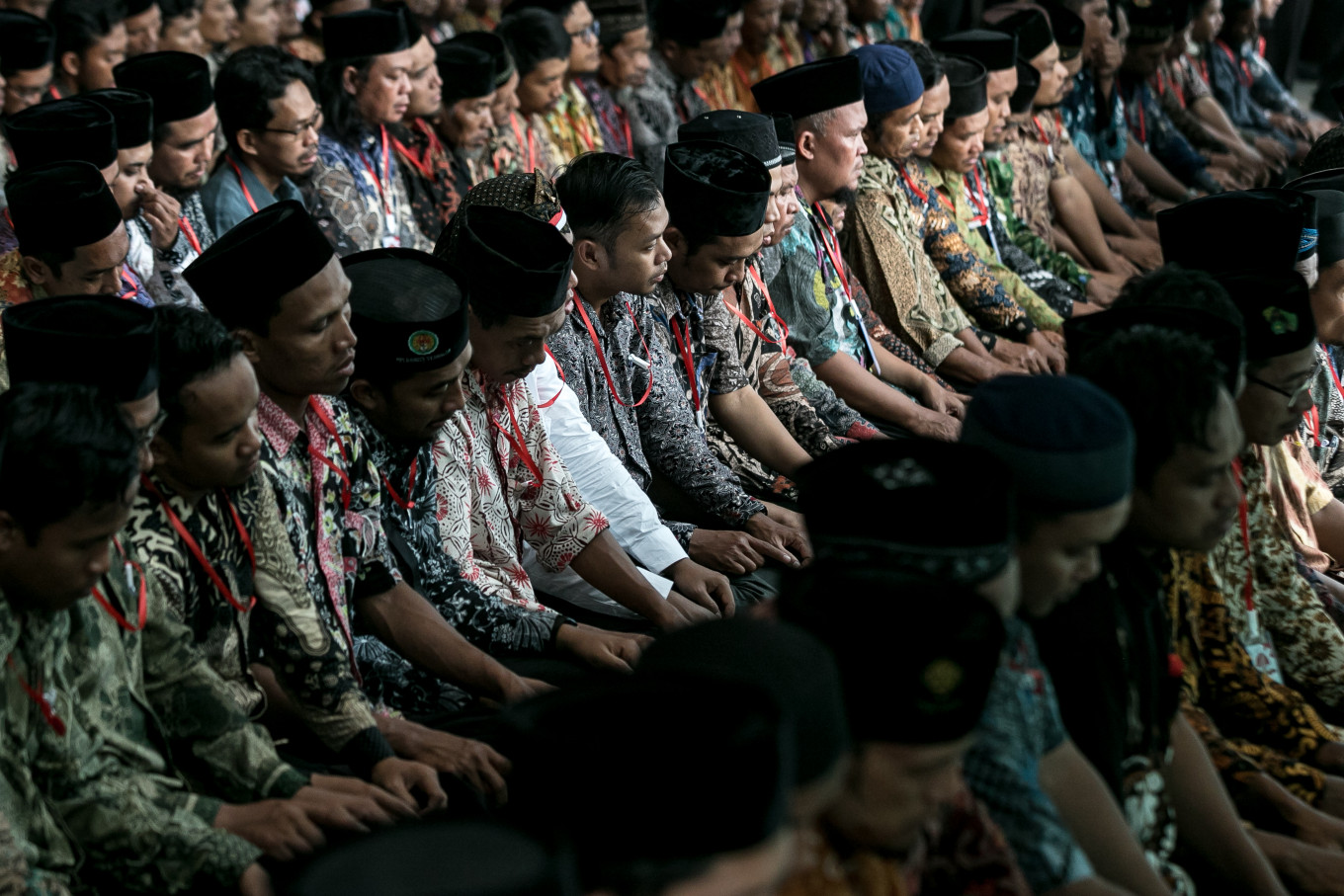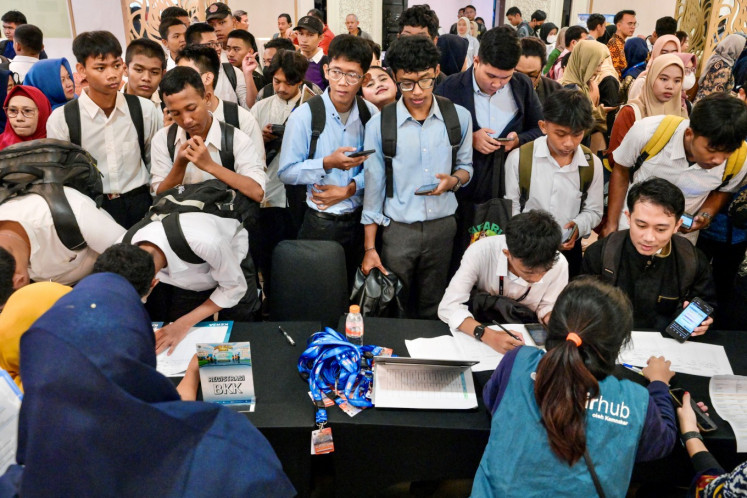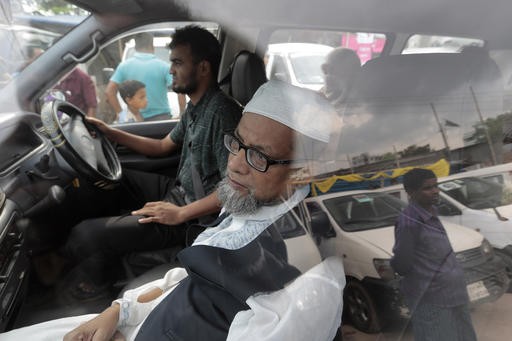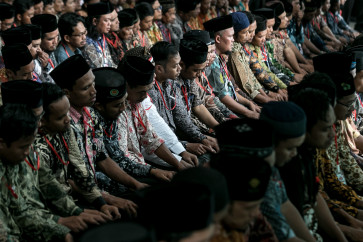Popular Reads
Top Results
Can't find what you're looking for?
View all search resultsPopular Reads
Top Results
Can't find what you're looking for?
View all search resultsWhen minors become targets of violent extremist groups
Radicalization in the digital age doesn't fit neatly into a prescribed box of right-wing extremism, and protecting minors vulnerable to online influences begins with offline efforts at home to reach out, connect and listen to the multitude of mixed issues at the root of adolescent angst.
Change text size
Gift Premium Articles
to Anyone
A
s a father of two teenage boys aged 16 and 14, I cannot read the news of radicalized minors without feeling alarmed and deeply concerned. The recent case in Singapore, involving a 14-year-old, third-year secondary school student, is particularly striking.
Security officials reported that the boy was influenced by a “salad bar” of extremist beliefs: far right, far left, Islamic State (IS) propaganda and the incel subculture. He is not much older than my youngest child who, like millions of teenagers, spends hours on gaming, social media and online community platforms that quietly shape their identity, sense of belonging and moral compass.
For those unfamiliar, incel stands for “involuntary celibate”. These online communities, comprised mostly of young men, express deep resentment toward women and society for their sexual frustrations. From a gender perspective, incel ideology feeds on what scholars call wounded masculinity.
Many boys today struggle with identity in a world where traditional markers of male success – financial stability, social recognition, romantic relationships – are increasingly uncertain. Online platforms amplify these feelings, creating spaces where humiliation and anger are validated, sometimes evolving into misogyny or even violence.
The Singapore case illustrates how modern radicalization can be complex and hybrid. Extremist content no longer fits neatly into a single category. Instead, it blends political resentment, religious narratives and gender-based grievances into a mix that can appeal to digital native teenagers. These hybrid messages exploit vulnerabilities in identity formation, offering recognition, belonging and purpose; things many adolescents are still searching for.
Indonesia faces a similar challenge. In Pemalang, Central Java, a 14-year-old boy became involved in online extremist networks connected to a suspect arrested in Tolitoli, Central Sulawesi. What started as casual exposure on Facebook escalated to active participation in closed WhatsApp groups, where he even became an admin sharing IS propaganda.
He is one of 14 minors identified in 2024 as being drawn into extremist activities. Two are being prosecuted for serious involvement, including attempts at bomb making, while the others are receiving support through family, school and community-based interventions.



















